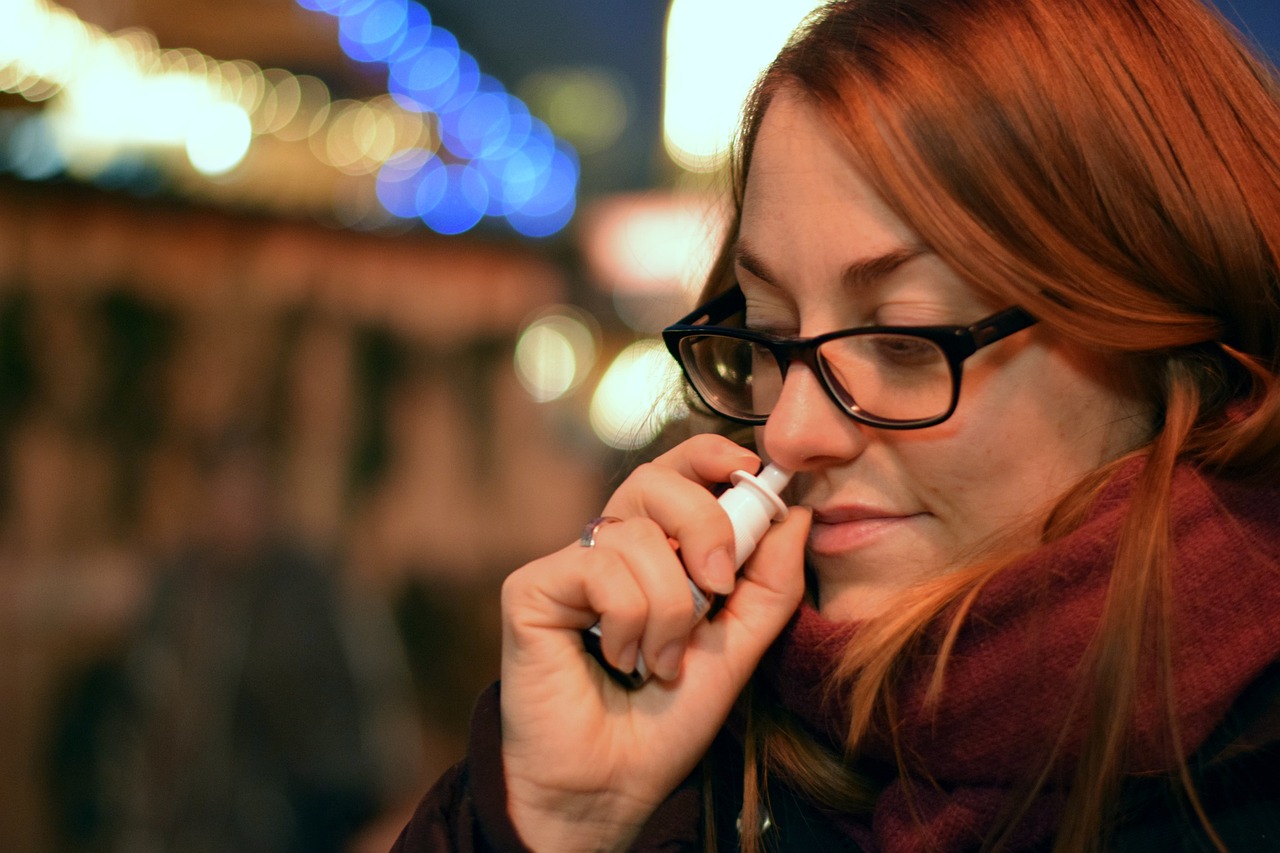Post-nasal drip (PND) is a common condition where excess mucus accumulates in the throat or back of the nose. This condition can lead to various discomforting symptoms, including a persistent cough, sore throat, bad breath, and a feeling of mucus stuck in the throat. Understanding the benefits of effectively treating post-nasal drip is crucial for individuals who experience this issue. In this article, we’ll explore the causes of post-nasal drip, its symptoms, and a range of treatment options available, along with their benefits.
Understanding Post-Nasal Drip
post nasal drip treatment occurs when the nasal passages produce more mucus than usual, often as a response to allergens, infections, or irritants. This excess mucus can drip down the back of the throat, causing irritation and leading to various symptoms. Some common causes of post-nasal drip include:
- Allergies: Allergic rhinitis is a significant contributor to post-nasal drip. Allergens such as pollen, dust mites, pet dander, and mold can trigger an overproduction of mucus.
- Infections: Viral infections, such as the common cold or flu, and bacterial infections, such as sinusitis, can lead to increased mucus production.
- Irritants: Exposure to irritants like smoke, pollution, and strong odors can also cause post-nasal drip.
- Weather Changes: Changes in weather, particularly cold or dry air, can exacerbate the condition.
- Gastroesophageal Reflux Disease (GERD): Acid reflux can cause mucus to accumulate in the throat, contributing to post-nasal drip.
Symptoms of Post-Nasal Drip
The symptoms of post-nasal drip can vary from person to person but often include:
- A persistent cough, especially at night
- A sore throat
- Bad breath
- Nasal congestion
- A feeling of mucus in the back of the throat
- Nausea or upset stomach (in some cases)
These symptoms can significantly impact one’s quality of life, making effective treatment essential.
Benefits of Treating Post-Nasal Drip
- Relief from Discomfort: One of the most immediate benefits of treating post-nasal drip is relief from discomfort. Symptoms like sore throat, coughing, and nasal congestion can disrupt daily activities, leading to irritability and frustration. Effective treatment can alleviate these symptoms, allowing individuals to return to their normal routines.
- Improved Sleep Quality: Many people with post-nasal drip experience difficulty sleeping due to coughing or throat irritation. Treating the condition can lead to improved sleep quality, which is essential for overall health and well-being. Better sleep can enhance mood, cognitive function, and immune response.
- Reduction of Secondary Infections: Chronic post nasal drip treatment can lead to secondary infections, such as sinusitis or bronchitis. By addressing the underlying causes of post-nasal drip, individuals can reduce the risk of developing these complications. This is particularly important for those with weakened immune systems.
- Enhanced Quality of Life: Persistent symptoms can lead to decreased quality of life, affecting work, social interactions, and physical activities. Treating post-nasal drip can restore a sense of normalcy, allowing individuals to engage fully in their daily lives.
- Improved Sinus Health: Post-nasal drip often correlates with sinus issues. Treating the condition can lead to improved sinus health, reducing the risk of chronic sinusitis and related problems. Maintaining clear and healthy sinuses is vital for overall respiratory health.
- Better Breath: Bad breath can be a frustrating symptom of post-nasal drip. Treating the condition can improve oral hygiene and freshen breath, boosting confidence in social situations.
Treatment Options for Post-Nasal Drip
When it comes to treating post-nasal drip, various options are available. The appropriate treatment often depends on the underlying cause. Here are some common treatment options:
1. Hydration
Staying well-hydrated can thin mucus and promote drainage. Drinking plenty of fluids, such as water, herbal teas, and broths, can help alleviate symptoms of post-nasal drip.
2. Nasal Irrigation
Using a saline solution to irrigate the nasal passages can effectively clear out excess mucus and allergens. Devices like neti pots or saline sprays can help reduce post-nasal drip and improve overall nasal health.
3. Over-the-Counter (OTC) Medications
- Antihistamines: These medications can help reduce mucus production in cases related to allergies. They are effective in alleviating symptoms such as sneezing, runny nose, and itching.
- Decongestants: Decongestants can help reduce nasal swelling and congestion, promoting easier breathing and less mucus accumulation.
- Expectorants: These medications help thin mucus, making it easier to cough up and expel.
4. Steam Inhalation
Inhaling steam can help soothe irritated nasal passages and promote mucus drainage. Adding essential oils like eucalyptus or menthol can enhance the effects of steam inhalation.
5. Avoiding Triggers
Identifying and avoiding allergens or irritants that trigger post-nasal drip is essential. This may involve making lifestyle changes, such as using air purifiers, avoiding smoking, or staying indoors during high pollen seasons.
6. Prescription Medications
In some cases, prescription medications may be necessary. For individuals with chronic sinusitis or severe allergies, a healthcare provider may recommend corticosteroids or other prescription medications to reduce inflammation and mucus production.
7. Allergy Treatments
For individuals whose post-nasal drip is primarily due to allergies, treatments such as allergy shots (immunotherapy) or prescription allergy medications may be effective.
8. Surgery
In rare cases where post-nasal drip is caused by structural issues, such as a deviated septum or nasal polyps, surgical intervention may be required to correct these problems.
Conclusion
Post-nasal drip is a common condition that can lead to various uncomfortable symptoms and complications. However, understanding its causes and exploring effective treatment options can lead to significant benefits, including relief from discomfort, improved sleep quality, and enhanced overall well-being. By adopting a comprehensive approach to treatment—incorporating hydration, nasal irrigation, medications, and lifestyle changes—individuals can effectively manage their symptoms and improve their quality of life. If symptoms persist or worsen, it is crucial to seek professional medical advice for tailored treatment options. With the right care and management, post-nasal drip can be effectively controlled, allowing individuals to enjoy a healthier, more comfortable life.
